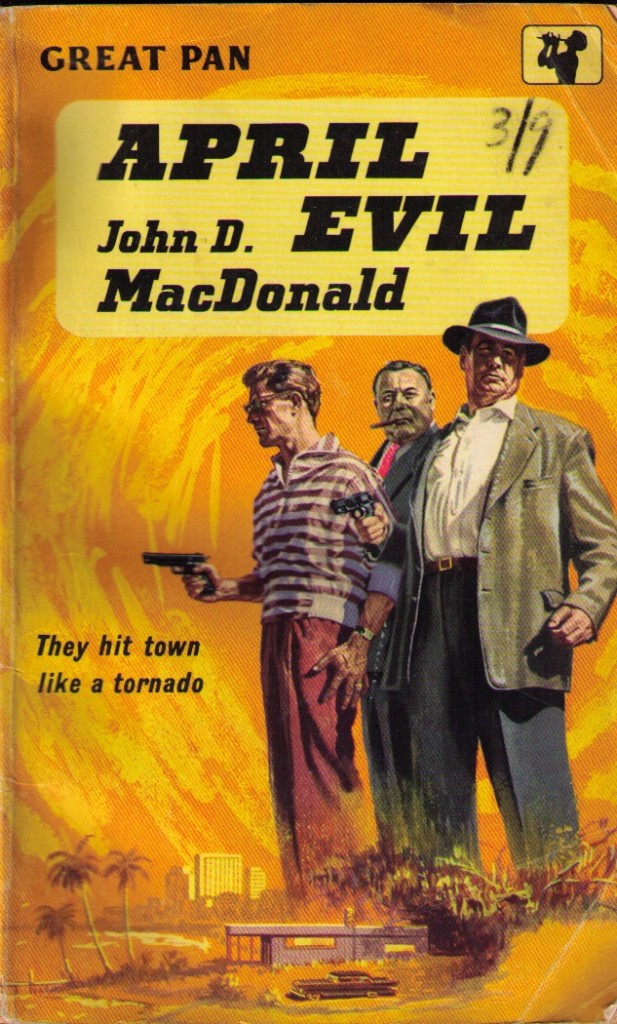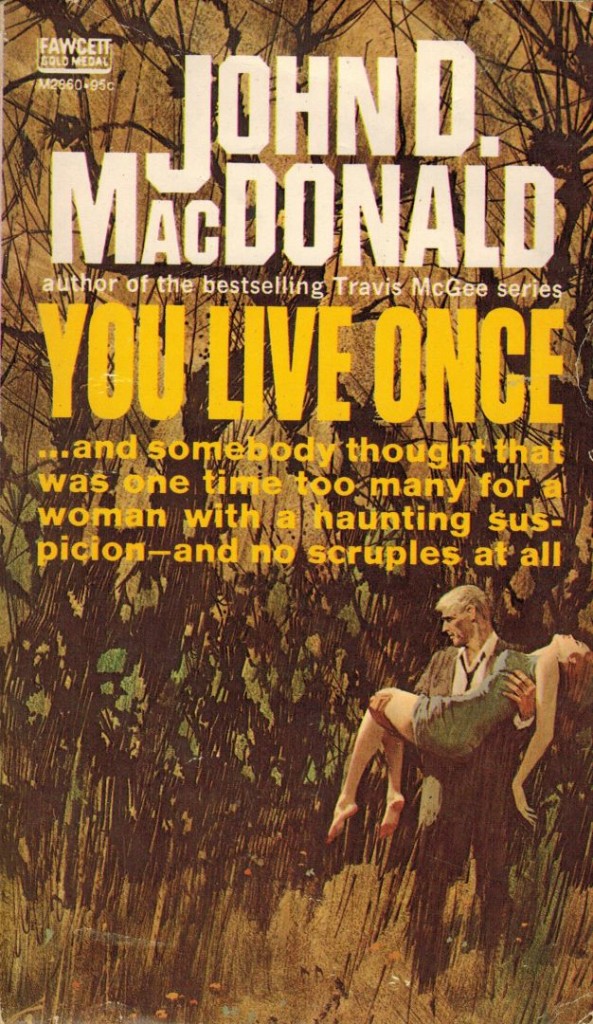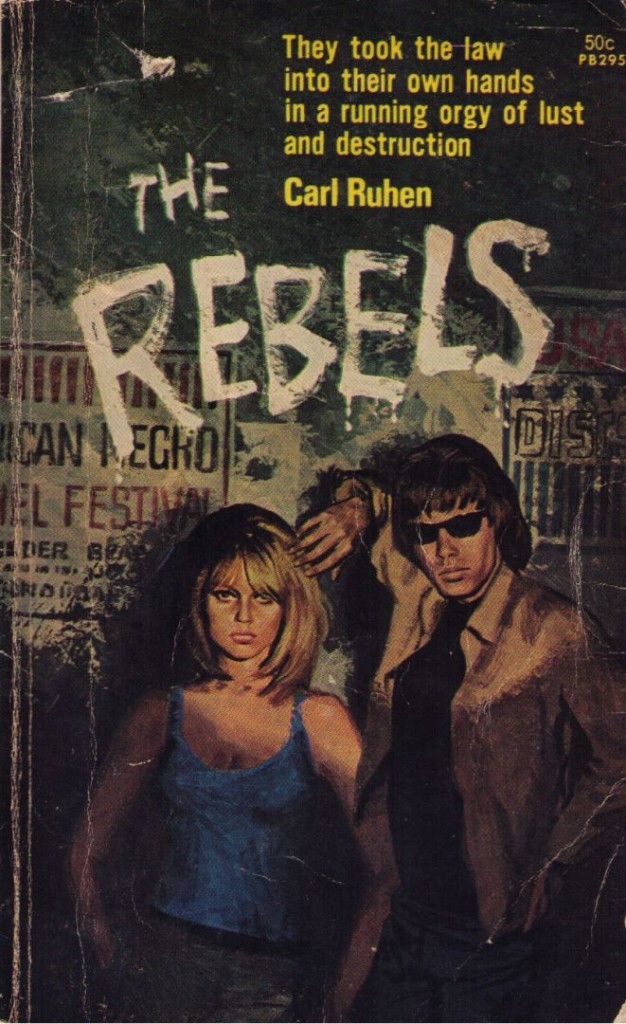Search
-
Recent Posts
- Dishing up Pulp Curry in a new way: why I am starting a Substack newsletter
- Book reviews: Deadly dames, midcentury Brit pulp and 1970s science fiction
- Mackenna’s Gold (1969): Gold, Ghosts and Frontier Violence
- Orphan Road book launch
- Orphan Road now available
- Pre-orders open for my new novel, Orphan Road
- Cover reveal: Orphan Road, my follow up to Gunshine State
- Breakfast in the Ruins podcast: New English Library Bikermania
- Why 1973 was the year Sidney Lumet took on police corruption
- Men’s Adventure Quarterly: Gang Girls issue
Categories
- 1960s American crime films
- 1970s American crime films
- 1980s American crime films
- 1990s American crime films
- Adrian McKinty
- Albert Dekker
- Andre De Toth
- Angela Savage
- Angie Dickinson
- Anthony Zerbe
- Asian noir
- Australian crime fiction
- Australian crime film
- Australian noir
- Australian popular culture
- Australian pulp fiction
- Australian television history
- Ava Gardner
- Beat culture
- Belmont Tower Books
- Ben Wheatley
- Billie Whitelaw
- Black pulp fiction
- Blaxsploitation
- Book cover design
- Book Reviews
- British crime cinema
- British pulp fiction
- Bryan Brown
- Burt Lancaster
- Carter Brown
- Charles Durning
- Charles Willeford
- Chester Himes
- Christopher G Moore
- Christopher Lee
- Cinema culture
- Claude Atkins
- Coronet Books
- Crawford Productions
- Crime Factory
- Crime Factory Publications
- Crime fiction
- Crime fiction and film from Africa
- Crime fiction and film from Cambodia
- Crime fiction and film from China
- Crime fiction and film from India
- Crime fiction and film from Indonesia
- Crime fiction and film from Japan
- Crime fiction and film from Laos
- Crime fiction and film from Latin and Central America
- Crime fiction and film from Malaysia
- Crime fiction and film from New Zealand
- Crime fiction and film from Scandinavia
- Crime fiction and film from Singapore
- Crime fiction and film from South Korea
- Crime fiction and film from Thailand
- Crime fiction and film from the Philippines
- Crime Fiction and film set in Vietnam
- Crime film
- Dangerous Visions and New Worlds Radical Science Fiction 1950 to 1985
- David Goodis
- David Peace
- David Whish-Wilson
- Derek Raymond
- Diana Dors
- Dirk Bogarde
- Don Siegel
- Don Winslow
- Donald Westlake aka Richard Stark
- Dystopian cinema
- Ernest Borgnine
- Eurocrime
- Fawcett Gold Medal Books
- Femme fatale
- Fernando Di Leo
- Filipino genre films
- Film Noir
- Forgotten Melbourne
- French cinema
- French crime fiction
- Garry Disher
- Gene Hackman
- George V Higgins
- Georges Simenon
- Ghost Money
- Giallo cinema
- Gil Brewer
- Girl Gangs, Biker Boys and Real Cool Cats: Pulp Fiction & Youth Culture, 1950-1980
- Gloria Grahame
- Gold Star Publications
- Gregory Peck
- Gunshine State
- Heist films
- Horror
- Horwitz Publications
- Humphrey Bogart
- Ian Fleming
- Interviews
- Ira Levin
- James Caan
- James Crumley
- James Ellroy
- James Hadley Chase
- James Woods
- Jim Brown
- Jim Thompson
- Joel Edgerton
- John Frankenheimer
- Joseph Losey
- Karen Black
- Kerry Greenwood
- Kinji Fukasaku
- Larry Kent
- Laura Elizabeth Woolett
- Lee Marvin
- Leigh Redhead
- Lindy Cameron
- M Emmet Walsh
- Mad Max
- Mafia
- Malla Nunn
- Martin Limon
- Megan Abbott
- Melbourne International Film Festival
- Melbourne Writers Festival
- Men's Adventure Magazines
- Michael Caine
- Michael Fassbender
- Mickey Spillane
- Monarch Books
- Ned Kelly Awards
- Neo Noir
- New English Library
- Newton Thornburg
- Noir Con
- Noir fiction
- Non-crime reviews
- Oren Moverman
- Orphan Road
- Ozsploitation
- Pan Books
- Parker
- Paul Newman
- Peter Boyle
- Peter Corris
- Peter Strickland
- Peter Yates
- Poliziotteschi
- Pulp fiction
- Pulp fiction in the 70s and 80s
- Pulp fiction set in Asia
- Pulp Friday
- Pulp paperback cover art
- Qui Xiaolong
- Raymond Chandler
- Richard Burton
- Richard Conte
- Robert Aldrich
- Robert Mitchum
- Robert Ryan
- Robert Stone
- Rock Hudson
- Roger Smith
- Rollerball
- Rosaleen Norton
- Roy Scheider
- Rural noir
- Sam Levene
- Sam Peckinpah
- Samuel Fuller
- Science fiction and fantasy
- Scripts Publications
- Sidney Lumet
- Sidney Poitier
- Simon Harvester
- Snowtown
- Snubnose Press
- Spies
- Stanley Baker
- Sterling Hayden
- Steve McQueen
- Sticking it the the Man Revolution and Counter Culture in Pulp and Popular Fiction 1950 1980
- Stuart Rosenberg
- Tandem Books
- Tart noir
- Tartan Noir
- Ted Lewis
- Toni Johnson Woods
- True crime
- Vicki Hendricks
- Victor Mature
- Vintage mug shots
- Vintage pulp paperback covers
- Wallace Stroby
- War film
- Westerns
- William Friedkin
- Woody Strode
- Yakuza films
- Yaphet Kotto
Nothing but noir
Recommended reading
The lurid world of pulp
- 20th century Danny Boy
- American Pulps
- Bear Alley
- Bloody, Spicy, Books
- Comics Down Under
- Everything second hand
- Existential Ennui
- Greenleaf Classic Books
- Irv O. Neil's Erotica is My Trade
- Killer Covers
- Lost Classics of Teen Lit 1939-1989
- Luminist Archives
- Men's Pulp Mags
- Mporcius Fiction Log
- Murder, Mayhem and Long Dogs
- Neglected Books
- Nocturnal Revelries
- Paperback Warrior
- Paperbacks of the Gods
- Pop Sensation
- Pulp artists
- Pulp Covers
- Pulp Crazy
- Pulp Flakes
- Pulp International
- Pulp Magazines Project
- Pulp Serenade
- Realms of the Night
- Romance Fiction Has a History
- Rough Edges
- Sin Street Sleaze
- Spy Guys and Gals
- The department of Afro American Research Arts & Culture
- The Dusty Bookcase
- The Haunted World of Richard Sala
- The Moon Lens
- The Nick Carter & Carter Brown Blog
- The Pulp & Paperback Fiction Reader
- Too Much Horror Fiction
- True Pulp Fiction
- Vault of Horror
- Vintage Nurse Romance Novels
- Vintage Romance Novels
- Welcome to the Pan Paperback
- Yellow and Creased
Support This Site
If you like what I do please support me on Ko-fi
Category Archives: Pulp fiction in the 70s and 80s
Pulp Friday: Newton Thornburg’s heist novel, Knockover
“The scheme was so perfect, the take was so big, you couldn’t ask for anything more-but one of them did.
I’ve got a little gem of a Pulp Friday today, the very rare Australian release of Newton Thornburg’s little known heist novel, Knockover.
Although he was a great success in the seventies, the peak period of his literary output, Thornburg kept a low profile in successive decades. So much so that when he died in 2011, it took a month before the first proper literary obituary appeared.
He is best known for the 1976 novel, Cutter and Bone. While I love the book and the 1981 movie version, Cutter’s Way (and which I reviewed on this site here), I have a preference for, To Die In California, a 1973 novel about a father’s investigation into the murder of his son in post-Summer of Love Los Angeles.
Knockover, Thornburg’s second book was originally published by Fawcett Gold Medal in 1968. Thornburg said he wrote Knockover explicitly with the hope of a movie sale in mind. Apparently the rights were optioned but nothing ever came of it. The story revolves around a former advertising executive, Cross, who puts together a team of criminals to pull off an armoured car robbery.… Read more
Posted in Australian pulp fiction, Crime fiction, Neo Noir, Newton Thornburg, Pulp fiction, Pulp fiction in the 70s and 80s, Pulp Friday, Pulp paperback cover art
Tagged Cutter and Bone, Cutter's Way (1981), Eclipse Books, Knockover, Newton Thornburg, Seventies Australian pulp fiction, To Die In California
Pulp Friday: the pulp of John D MacDonald
 “He Sold His Soul For Another Man’s Wife.”
“He Sold His Soul For Another Man’s Wife.”
This weeks Pulp Friday is a selection of covers from the prolific US thriller writer, John D MacDonald.
MacDonald got his start writing for pulp magazines in the late forties, then rode the paperback boom that occurred in the fifties and early sixties. He was the author of over sixties books, as well as numerous short stories and articles.
He is probably best know for creating the fictional private investigator Travis McGee, who featured in 21 of McDonald’s books.
A number of his books have been adapted for film and television. His novel The Executioners was filmed as Cape Fear, starring Gregory Peck, Robert Mitchum and Polly Bergen, in 1962, and again by Martin Scorsese in 1991. One of the McGee books, Darker Than Amber, was made into a film of the same name, starring Rod Taylor, in 1970.
The following selection of covers spans the late fifties to the early seventies and include many of the Fawcett Gold Medal editions of McDonald’s work, as well as the UK Pan paperback additions.
Enjoy.
Posted in Fawcett Gold Medal Books, Gregory Peck, Noir fiction, Pan Books, Pulp fiction, Pulp fiction in the 70s and 80s, Pulp paperback cover art
Tagged Cape Fear, Cape Fear (1962), Darker Than Amber, Death Trap, Dress Her in Indigo, Fawcett Gold Medal Books, John D MacDonald, Neon Jungle, On The Run, One Monday We Killed Them All, Pan Books, The Damned, The Drowner, The Only Girl In the Game, The Quick Red Fox, Travis McGee, You Live Once
Pulp Friday: Wild Beat, a tribute to Australian pulp writer Carl Ruhen, 1937-2013
Most people think of pulp publishing as American. But for several decades in the second half of the last century, Australia had a significant pulp paperback industry that produced a large range of popular fiction.
By the mid-to-late sixties, Horwitz, Australia’s largest pulp publisher, was producing up to 16 titles a month with initial print runs of 20,000 copies. Black magic, hippies, juvenile delinquents, spies, bored suburban housewives looking for thrills, and evil Japanese and German prison guards – nothing was off limits. Local pulp publishers pounced on mainstream society’s fantasies, fears and obsessions and turned them into cheap, disposable paperback thrills.
Carl Ruhen was at the centre of this industry and continued to ply his trade as a writer until the late eighties. AustLit, the Australian Literature Resource database, credits him with 78 books. He also penned numerous short stories and magazine articles.
On November 28 last year, Carl Ruhen died after a long illness, aged 76.
I’ve long been aware of Ruhen’s work. Unfortunately, I never met him. I found out about his passing in late December when an acquaintance who’d been in sporadic contact with Ruhen emailed me with the news. The only mention I’ve been able to find of his death was a short notice in the Sydney Morning Herald, dated December 2, 2013.
Posted in Australian pulp fiction, Horwitz Publications, Pulp fiction, Pulp fiction in the 70s and 80s, Pulp Friday, Scripts Publications, Vintage pulp paperback covers
Tagged Alvin Purple, Carl Ruhen, Curse of the Nekhen (1966), Gordon and Gotch, Horwitz Publications, J.E. Macdonnell, John Slater, Mad Max 2, Man Magazine, Olaf Ruhen, Stag Publications, The Rebels, The Violent Ones, Wild Beat, WR Bennett
Pulp Friday: passion pits and twilight zones, Kings Cross pulp fiction
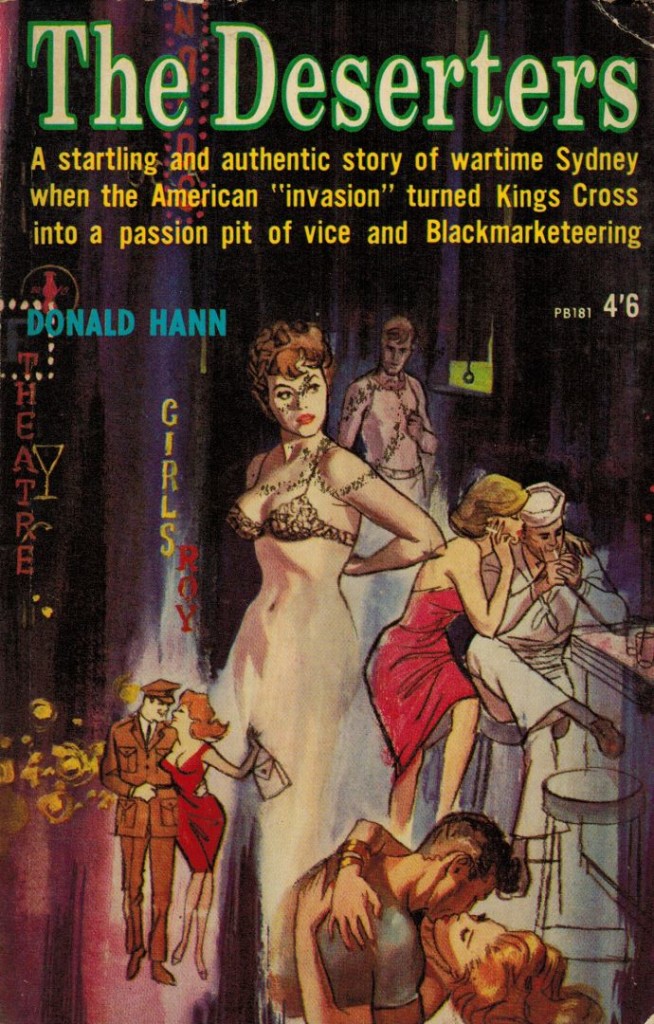 “A startling and authentic story of wartime Sydney when the American ‘invasion’ turned Kings Cross into a passion pit of vice and black marketing.”
“A startling and authentic story of wartime Sydney when the American ‘invasion’ turned Kings Cross into a passion pit of vice and black marketing.”
Earlier this week I reviewed Louis Nowra’s terrific social history Kings Cross A Biography for the Overland Journal website.
Kings Cross has always had a particular place in our popular imagination as Australia’s capital of sin, sleaze and crime.
The terrific 1995 television mini-series Blue Murder and the not-so-wonderful Underbelly: Razor and Underbelly: The Golden Mile all did their bit to maintain this unsavoury reputation.
In the sixties and early seventies, Kings Cross was also a favourite setting for locally published pulp novels.
As I have discussed many times on this site, pulp fiction is a warped reflection of mainstream society, its illicit desires, fears and fascinations. Thus it was with pulp’s depiction of the Cross as a virtual Sodom and Gomorrah of sex, gambling, crime and human depravity of every description.
Wild youth gangs, criminal syndicates, black magic, pulp took all of these and turned them into portable, pocket sized key pieces of key hole voyeurism. From a publishing perspective they sold a bomb to punters eager for vicarious thrills and a peek of the dark goings on in the Cross.
Nowra’s book didn’t touch on this this particular aspect of Kings Cross’s hold on our popular imagination.… Read more
Posted in Gold Star Publications, Horwitz Publications, Pulp fiction in the 70s and 80s, Pulp Friday, Pulp paperback cover art, Scripts Publications, Vintage pulp paperback covers
Tagged Donald Hann, Gold Star Publications, Horwitz Publications, James Holledge, Julian Spencer, Kings Cross Black Magic, Kings Cross pulp fiction, Kings Cross: A Biography, Louis Nowra, Scripts Piublications, The Deserters, The Spungers
Pulp Friday: prison pulp
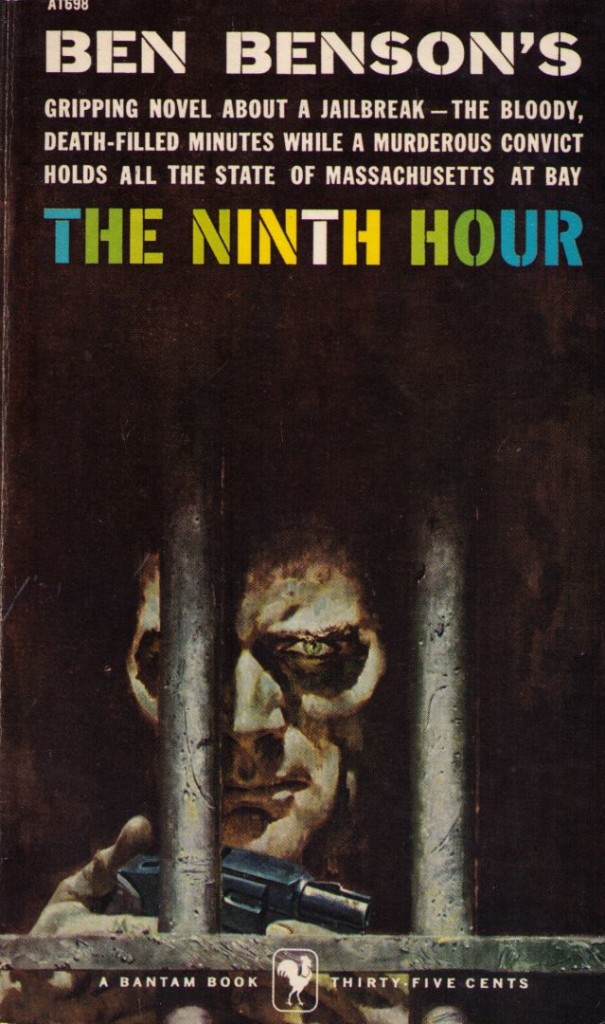 “Gripping novel about a jailbreak – The bloody, death filled minutes while a murderous convict holds all the state of Massachusetts at bay.”
“Gripping novel about a jailbreak – The bloody, death filled minutes while a murderous convict holds all the state of Massachusetts at bay.”
Jail breaks, prison life, men and woman wrongly convicted and languishing in hell hole jails, all these were popular themes in cinema in the fifties, sixties and early seventies. They were also popular topics for pulp fiction.
Exhibit A is this selection of prison pulps from my collection.
Between them, these books cover off on all the main themes associated with prison pulp.
There are tension filled jail breaks in Billy Braggs and The Ninth Hour (“Three desperate prisoners, armed with smuggled .45’s, were holed up in the Isolation Cell Block, with two guards as hostages”).
Wrongfully convicted men feature in The Fall of the Sparrow, Headed For the Hearse (“His address was Death Row and his lease was up in six days…”), and Patricia Highsmith’s The Glass Cell.
The travails of women behind bars, particularly their sensationalised sexual exploits, are the subject of the two Australian pulps represented below, The Lights of Skaro and Queen Rat (“From behind bars Dawn Arness ruled the lives of prisoners and guards alike. She was Queen Rat”).
Prison was particularly suited to my favourite sub-genre of pulp fiction, tabloid-style reporting dressed up as serious sociological inquiry.… Read more


